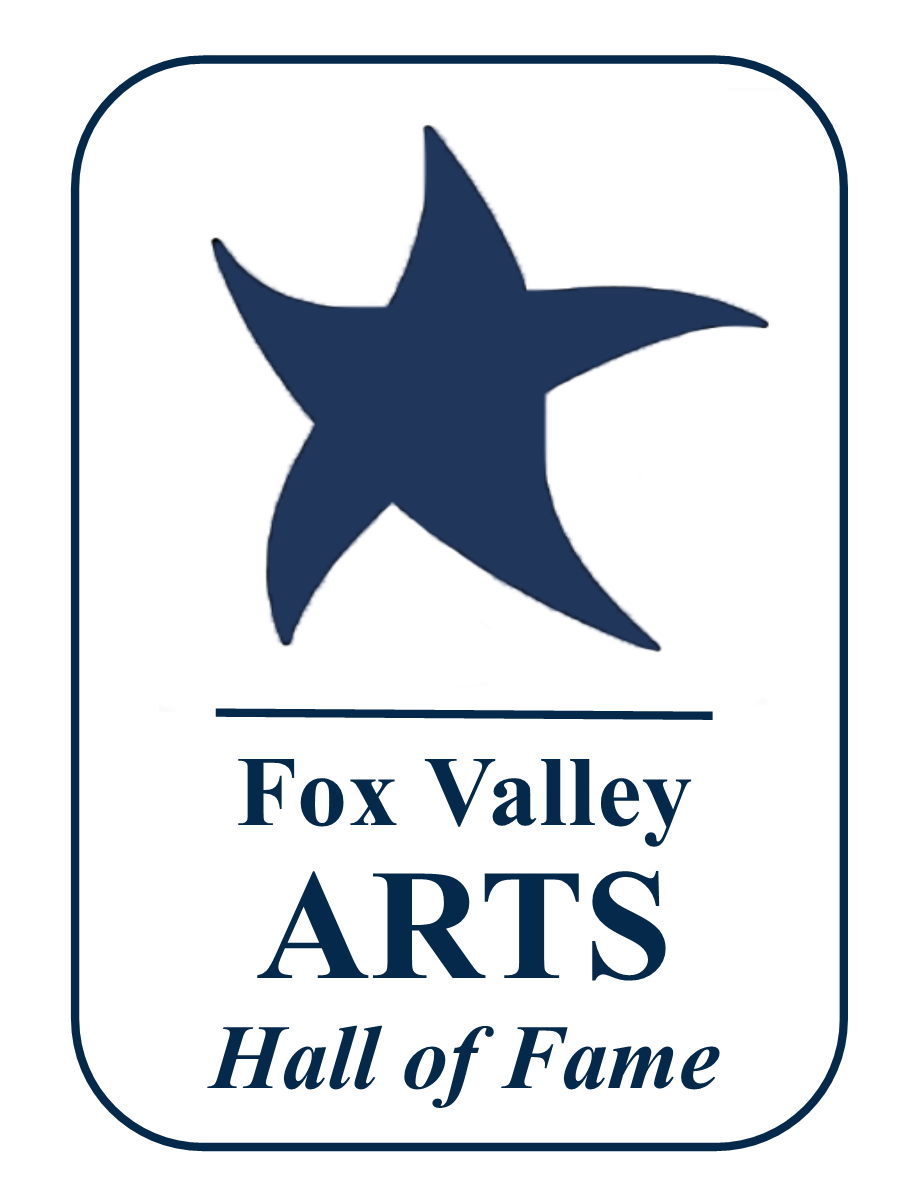
Class of 2010
Floyd Brown
Media Arts - Broadcaster
54 year career in broadcasting
First African-American signed by a major national network, NBC
Hosted “The Floyd Brown Show” for more than 29 years
Honored for multiple civic contributions
Floyd Brown achieved national recognition in the mid-1960s when he became the first African-American hired by a major network and was chosen to be featured with Bill Cosby on the cover of NBC’s company magazine.
Born in Texas in 1930, Floyd moved with his family to Washington, D.C. where he graduated from high school at age 16. He came to Chicago in the 1940s to study accounting at Northwestern University, and it was then that he first became interested in radio. To support himself, he worked as a porter at the Drake Hotel and passed the Radio Institute of America on his way to work. He signed up for engineering and announcing classes there in order to pursue his dream and was hired in 1951 as an engineer at radio station WRMN in Elgin, Illinois. When the usual announcer was late one day, Floyd stepped in and made his debut.
In the 1960s, Floyd moved to WMAQ Radio, where he was the first African American announcer to be hired. Next came WGN Radio and WGN-TV, where this veteran broadcaster’s career spanned the years between 1971 and 1999.
His versatility and “mellifluous voice,” as described by his nominators, made Floyd Brown a popular personality. He comfortably filled the slot of sports anchor for about a dozen years. Among his best-known roles, however, was that of host for “The Floyd Brown Show,” an entertaining mixture of music, interviews, and business topics that aired for more than twenty-nine years. He interviewed numerous great jazz artists, including Duke Ellington, Lionel Hampton, and Ella Fitzgerald. Floyd’s demanding professional life kept him working fifteen hours a day, six days a week.
Floyd Brown joined the Chicago Sunday Evening Club board in 1985. He appeared for the first time as host of WTTW’s “30 Good Minutes” on October 13, 1985, and he shared that post with Lydia Talbot from 1996 until he retired. Members of the board honored him with a crystal plaque in recognition of his two decades of service. The producer of “30 Good Minutes” and “The Sunday Evening Club” said, “Floyd Brown has contributed immeasurably to the success of these programs…His great talent, sense of deep connection to the audience, and his professionalism have made him a much-loved personality to our viewers.”
During his retirement, Floyd graciously contributed his time and talents to the artistic and civic life of the Elgin community. He was a founding member of the Elgin Human Relations Commission and served as president of the Elgin Housing Commission. A good example of his profound impact on local culture was his moving and dignified narration of Aaron Copland’s A Lincoln Portrait, which he performed with the Elgin Symphony Orchestra.
Parallel to his career in broadcasting, Floyd Brown and his vivacious wife, Betty, started a marketing and public relations firm in their hometown of Elgin. He has been marketing director for the Kane County Fair since 1994. Among his professional memberships are the American Federation of Television and Radio Artists, and the American Guild of Variety Artists. His civic and service involvements are numerous. He has served as host or master of ceremonies for the Elgin Art Showcase Anniversary Gala, and in Chicago, for WGN’s “Know Your Heritage,” the Bud Billiken Parade, and the Gospel Stellar Awards, Central City Productions.
On the list of the civic recognition Floyd has earned are the D. Ray Wilson Volunteer Service Award from Judson University, the Trailblazer Award from the Quad County Urban League in suburban Chicago, and the Friend of Education Award from Elgin Community College.
Floyd continually gives back to his community in public service and civil rights, through political organizations, and in his unfailing support of the arts. As the major media figure who helped break the color line for African Americans, he stated, “All we ever wanted was the chance!”
Today he believes his greatest accomplishment was the change that resulted in national programming, which now features persons of all races and backgrounds. We can be assured that Floyd Brown was instrumental in this change. In his remarks to the audience during his induction into the Fox Valley Arts Hall of Fame on April 22, 2010, Floyd said the honor was a “wonderful blessing of his body of work” that has brought new richness into his life.

